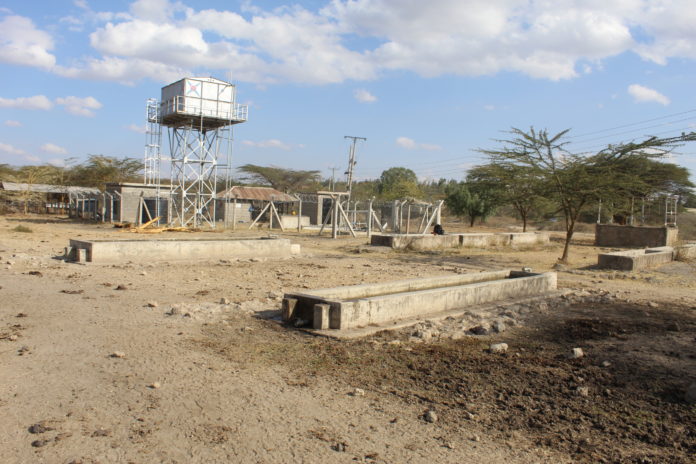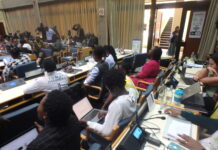By Mary Mwendwa
Kajiado County, Kenya: It is exactly 12 pm on a hot and sunny afternoon. Livestock herders with herds of cattle are busy roaming in the dry fields in search of pasture and water.
This is Olooloitikosh village in Kajiado County.
It has been one of the driest years and people here are staring at one of the worst droughts in a decade.
In the middle of this drought crisis, the Nadupoi women’s group has beaten the odds to fight climate change. They are doing climate-smart agriculture where they plant vegetables.
Nadupoi Olooloitikosh Women group is located on the outskirts of Kitengela town in Kajiado. It is a women group of elderly women who have refused to be made desperate by climate effects.
Irene Makui who is a widow and chairlady of the group confirms how as a pastoralist community they have suffered in the ugly teeth of drought.” We are pastoralists by nature, we have been relying on livestock keeping but it has proved unsustainable due to recurring drought. Now, many families have lost their livelihood.” Makui narrates.
Adding “We decided as a women group to think different, though most of us are elderly, we have soldiered on and acquired land of 2 acres where we plant vegetables using irrigation.”
Makui also confirms they keep chicken and also have beehives where they harvest honey for sale.”Beekeeping and chicken rearing complement our income as a women’s group. We meet twice every month where we discuss our projects and also how to save money.”

Loyce Naserian a mother of 7, who is in her early sixties and a member of the Nadupoi women group, recalls their journey of hope and resilience in smart farming. “ This is a dry region, we have depended on livestock for a long time, worse women do not own livestock, but now we have found relief in this kind of farming where we use borehole water to plant vegetables for sale and home use.”
Naserian further gives her gratitude to the County Government of Kajiado together with other partners who helped them by donating land and digging a borehole that supplies water.” Without the borehole I do not think we could manage this farming, you see we have kales and spinach that are growing very well. We can no longer cry about water scarcity.”
Nadupoi women group was started in 2015 with a total of 14 women who are all elderly. They have begun by buying goats and doing savings for themselves. They have since become a story of hope and resilience in the village.
Similarly, Janet Koisinget is a mother of 8 and a member of the group confirms how vegetable farming has added nutritional value to their families.” We have been depending on livestock products most of the time, now we get fresh vegetables from the farm and we are able to supply our families with vitamins that are important for the body.”
Koisinget notes with a lot of concern that they still use containers to irrigate water on the farm. We are appealing to well-wishers to supply us with pipes for the drip irrigation technology. I believe with this we will use less water.”
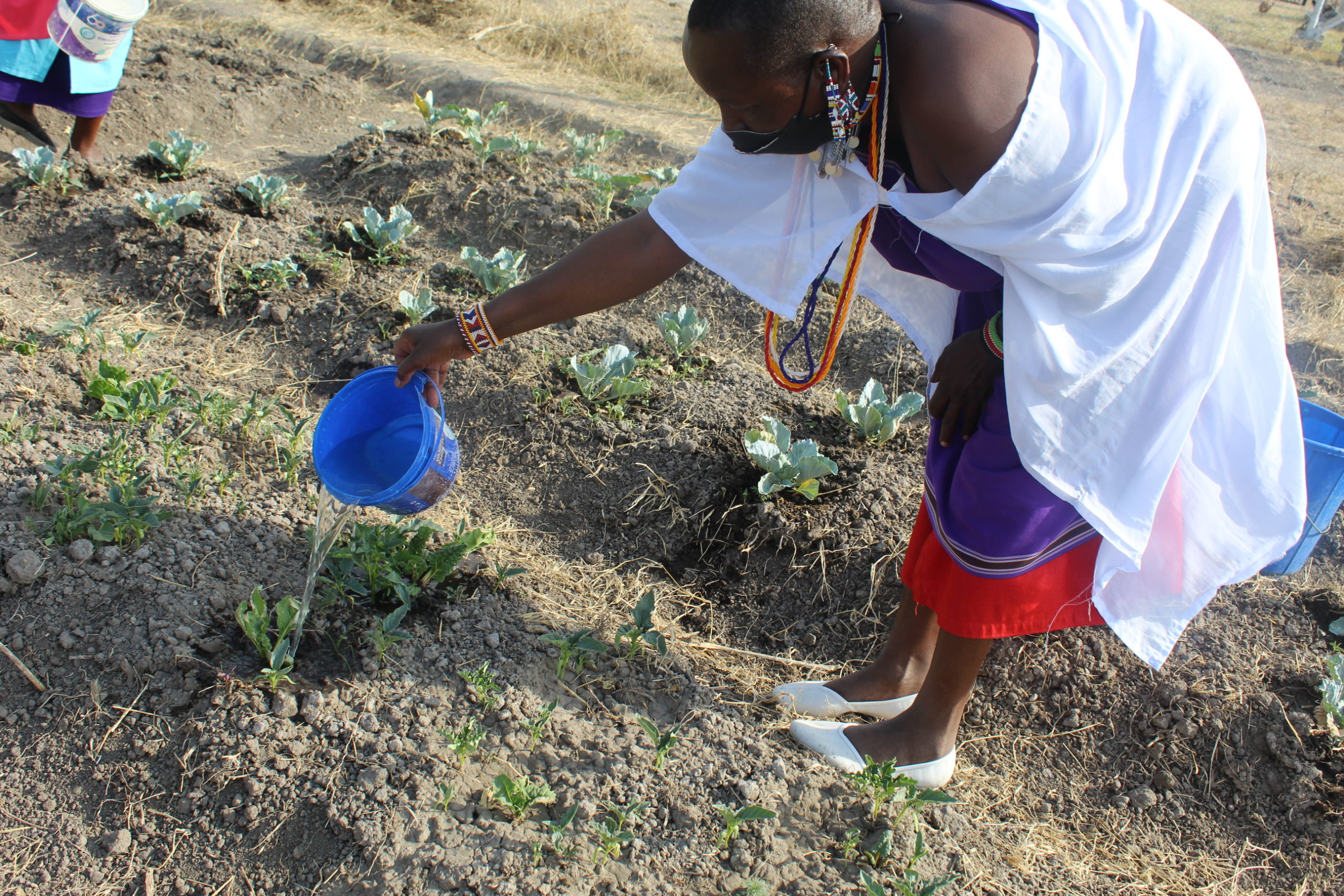
A 2020 report by World Bank found that nearly over 600 million global population are hungry, up by nearly 60 million in five years. The food security challenge will only become more difficult, as the world will need to produce about 70 percent more food by 2050 to feed an estimated 9 billion people.
The challenge is intensified by agriculture’s extreme vulnerability to climate change. Climate change’s negative impacts are already being felt, in the form of increasing temperatures, weather variability, shifting agro-ecosystem boundaries, invasive crops and pests, and more frequent extreme weather events.
On farms, climate change is reducing crop yields, the nutritional quality of major cereals, and lowering livestock productivity. Substantial investments in adaptation will be required to maintain current yields and to achieve production and food quality increases to meet demand.
Nadupoi Women group is working towards the Agenda 2063 of the African Union goal no.7 on modern agriculture for increased productivity and production directly links to Sustainable Development Goals(SDGs) of ending hunger, achieving food security, and promoting sustainable agriculture.
“You see we have diversified this project; the bees benefit from the water too, bees need water and nectar to make honey, they cannot even enter the hives we have here.”
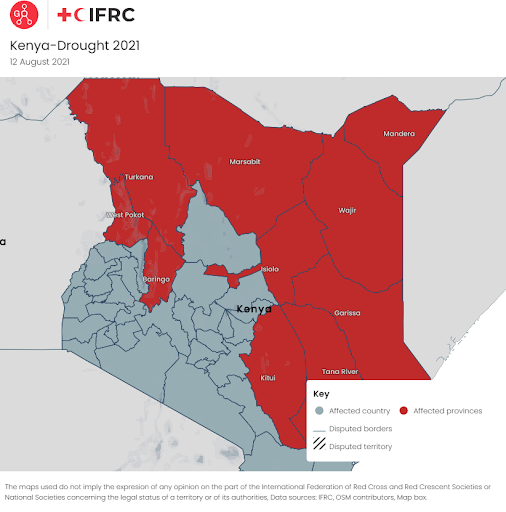
Jackline Koin, County Executive Committee Member, Agriculture, Livestock and Fisheries, Kajiado County confirms how they have worked with several women groups including Nadupoi.
Koin says that the Maasai Community in Kajiado County has stuck with pastoralism for a long time. “Right now, climate change effects are becoming severe and therefore we have to think out of the box to survive the harsh effects.”
“We have trained women groups and 20 farmers’ schools in this County on alternative livelihoods like kitchen gardens and poultry keeping, we realized that women and youths are the most powerful agents of change in this community.”
“Our biggest agenda was on the training approach where women and youths have benefited. For example, we have given Nadupoi Women Group a County-owned borehole to use on their farm for irrigation and also linked them to other partners who have helped in bringing beehives and chicken for them.” Koin says.
Koin says that the farming project for Nadupoi was specifically targeted at mitigating the covid-19 pandemic which disrupted livelihoods. “We wanted women to be food producers, as you know Kajiado is a water-stressed County, and therefore we have put up 50 mega water pans and several boreholes in other areas of Kajiado County.”
Koin notes that they want the community to move away from pastoralism and embrace agro-pastoralism because with pastoralism climate change has brought setbacks.
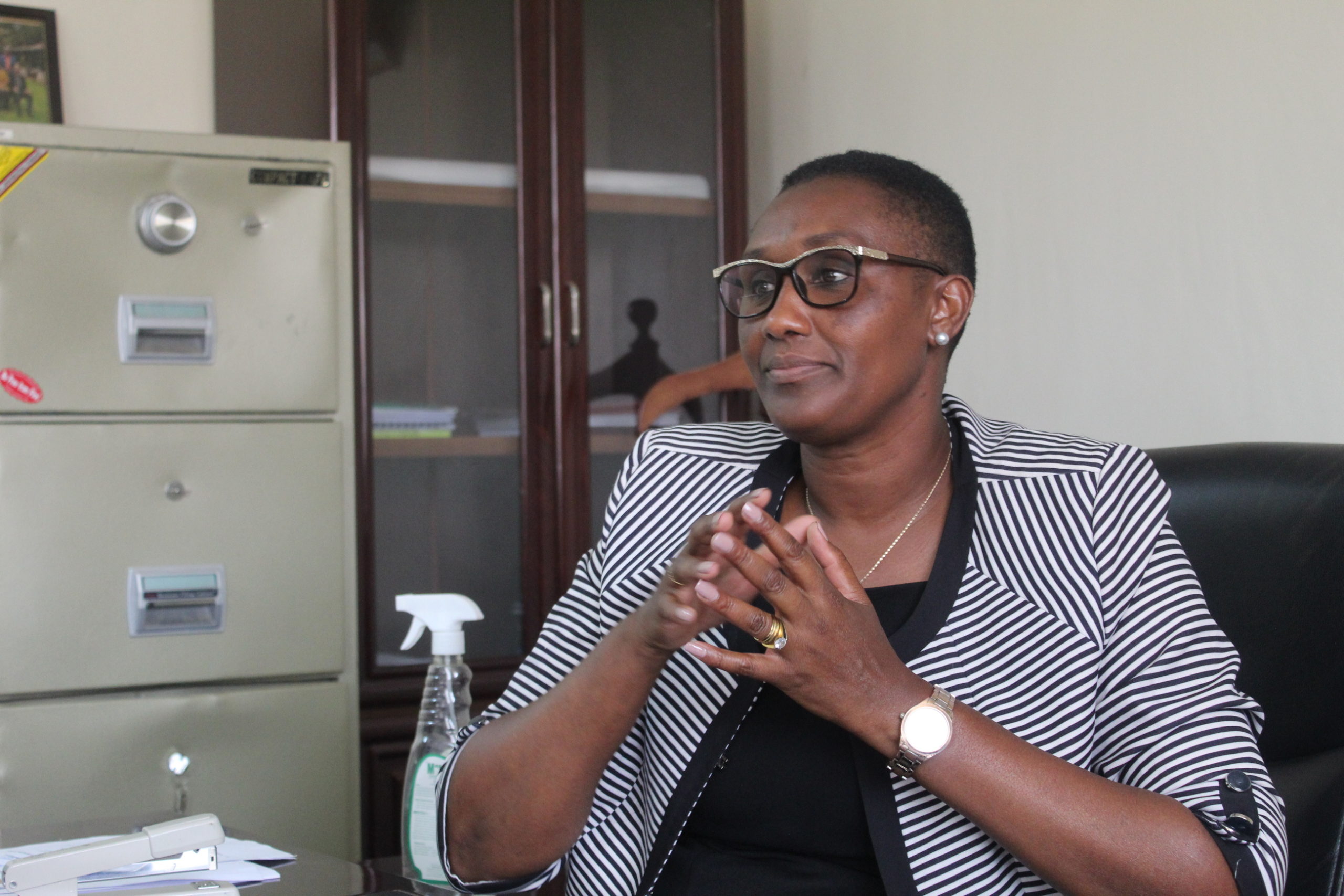
Similarly,UN Women reports that On average, women make up about 43 percent of the agricultural labor force in developing countries. Evidence indicates that if these women had the same access to productive resources as men, they could increase yields on their farms by 20% to 30%, raising total agricultural output in developing countries by 2.5% to 4%. In turn, this would reduce the number of hungry people in the world by 12% to 17%.
The Nadupoi women’s group, have decided to work against all odds by embracing climate-smart farming to change their lives.

